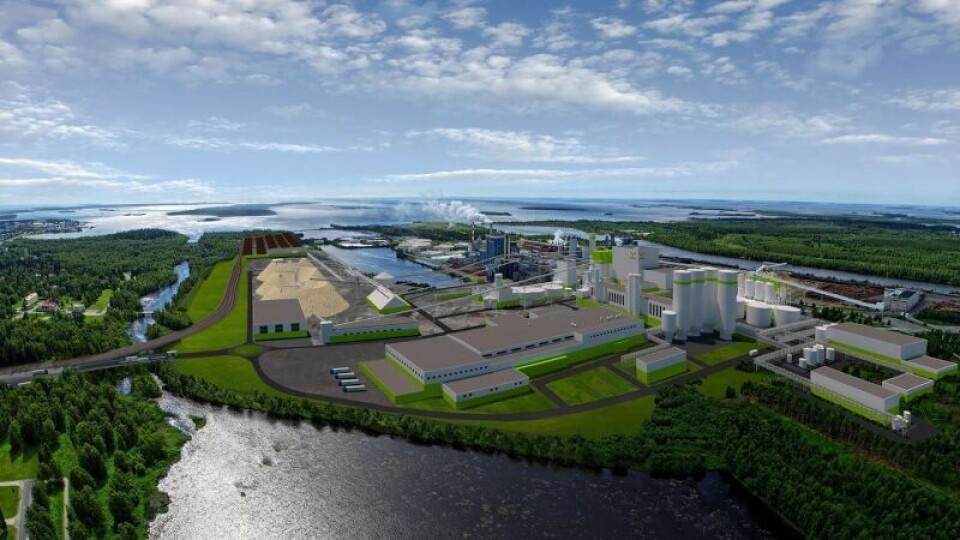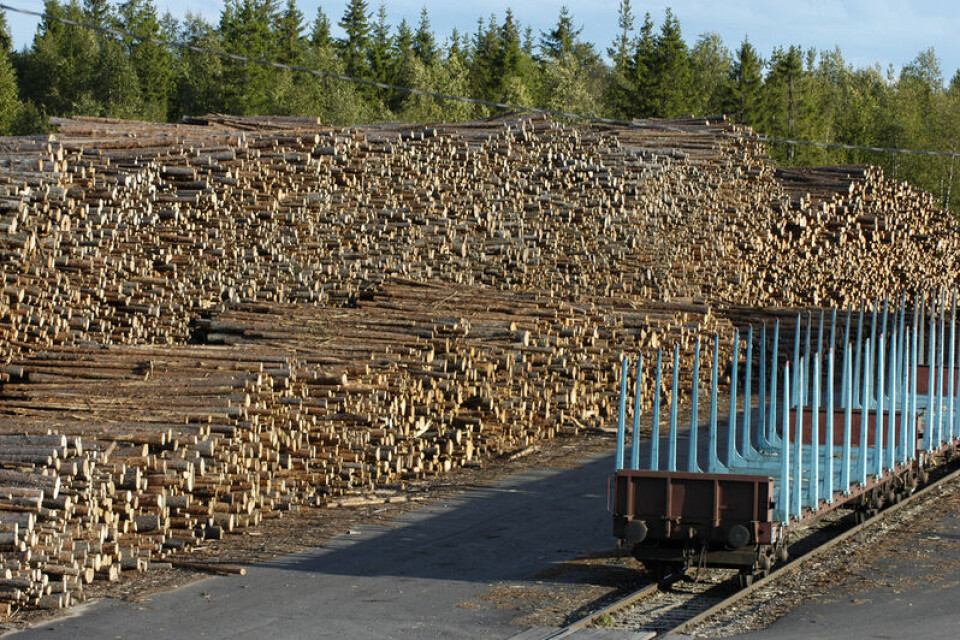
Kemi gets largest wood processing plant on northern hemisphere
Metsä Group says its new €1,6 billion bioproduct mill in Kemi will create around 1,500 new jobs across its entire direct value chain.
Investment decision was taken by Metsä Fiber on February 11 to build a new bioproduct mill on the coast of Bothnia near Finland’s northern border to Sweden.
With a construction period of two and a half years, the plant is set to start production in the third quarter of 2023. The new mill will not only secure the 250 jobs in the existing pulp mill, but add anther 250 jobs to the site.
More important, Metsä Group says in a press statement, a total of 1,500 new jobs will be created across the entire direct value chain in Finland. Most of them in the forestry and transportation.
Forestry is big in Lapland, the country’s northernmost region.

“The role of Finnish forests from an ecological, economic and social point of view is important in our development work. We are constantly improving methods of managing commercial forests to safeguard biodiversity and increase the positive climate impact of forests,” said Ilkka Hämälä, CEO of Metsä Group.
He underlines the green importance of wood processing by “increasing the production of wood products which store carbon for a long time, replacing products made of fossil-based raw materials with wood-based products, discontinuing the use of fossil fuels and increasing the production of renewable energy.”
The Kemi bioproduct mill will use approximately 7.6 million cubic metres of pulpwood a year, which is 4.5 million cubic metres more than the current pulp mill. That will give some 1.5 million tonnes of softwood and hardwood pulp per year, as well as many other bioproducts.
It will also produce 2.0 TWh of renewable electricity per year, which equals to roughly 2,5 percent of Finnish total electricity production, the company informs.
“No fossil fuels will be needed in production, and renewable energy in the form of electricity, wood-based fuels and heat will be sold from the mill to external customers,” said Ismo Nousiainen, CEO of Metsä Fibre.
















